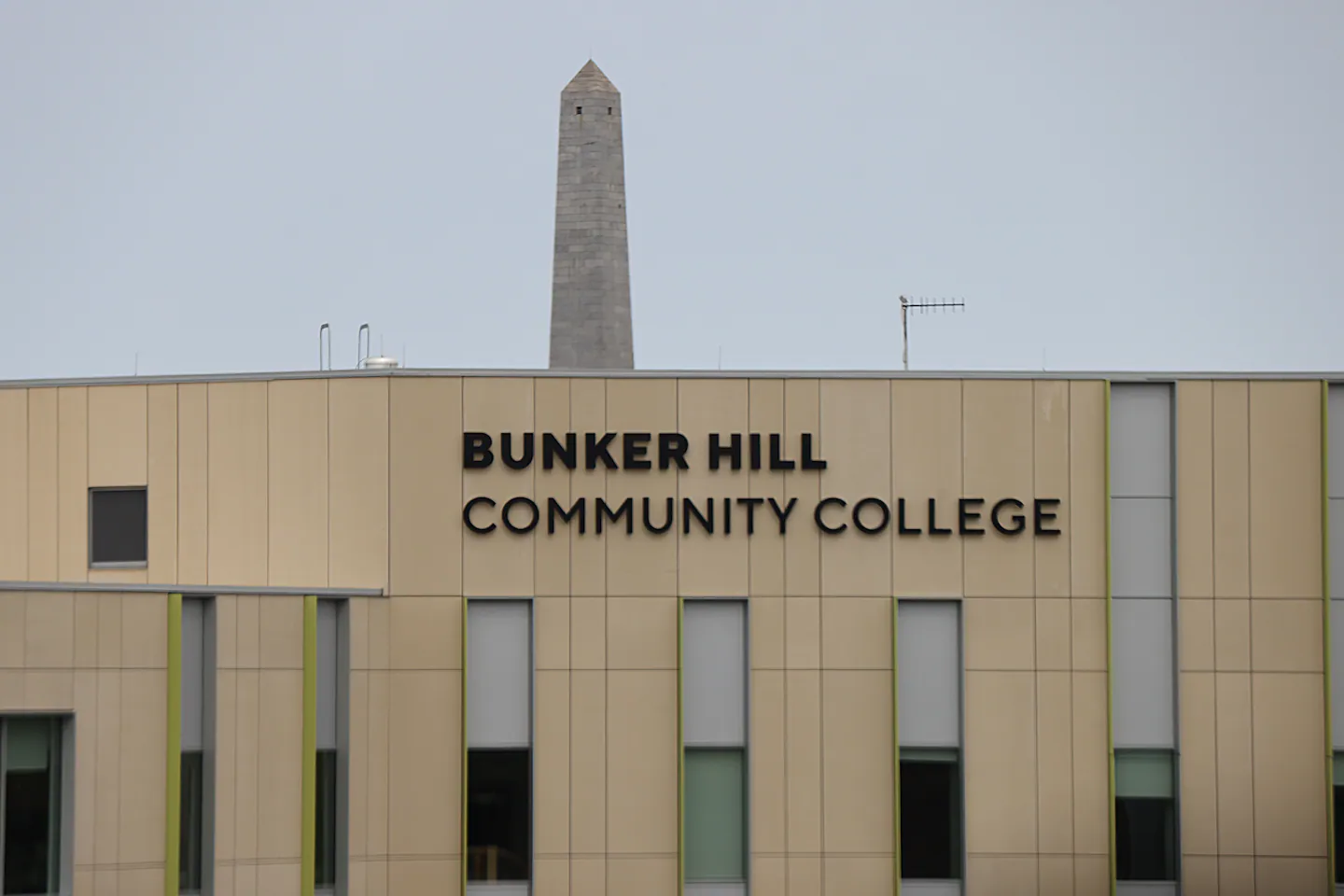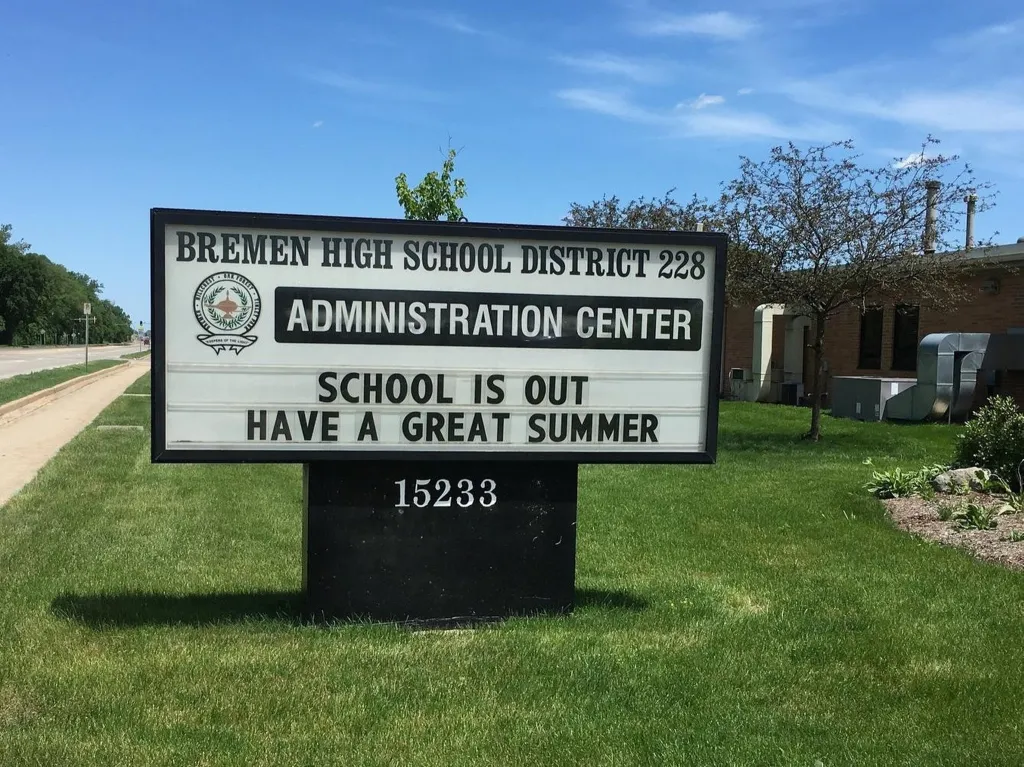
It’s a necessity, the state says, to meet surging demand for free community college with the funding lawmakers allocated for the program. But advocates said that the change, made quietly on a state website, was unexpected and ill-timed.
“The money was already out the door,” said Nate MacKinnon, executive director of the Massachusetts Association of Community Colleges.
Given the timing of the cuts, advocates asked that students still receive the amount they’d been promised for this semester, a guarantee all community colleges agreed to, MassLive reported. That means low-income students still have $600 for books and supplies this semester, but that will go down to just $400 in the spring.
The move marks a step back for the free tuition initiative that has proven successful since it launched to all Massachusetts residents in 2023. Roughly 20,000 new students took up the offer, state data shows, reversing years of enrollment declines, and many newly graduated students are transferring to bachelor’s degree programs.
But the demand is stretching the program’s $120 million annual budget, just as the needs for state financial aid programs is soaring. That leaves legislators with limited funds to distribute to the state’s public higher education institutions.
In a statement, Department of Higher Education spokesperson Nicole Giambusso said that “growing college access remains a priority.”
That said, “due to progress we have made in increasing enrollment, we needed to make some adjustments to state financial aid in order to prioritize covering tuition and fees and ensuring state financial aid stays within FY26 budgetary limits,” the statement read.
Maine’s free community college program faced similar financial challenges this summer.
Massachusetts community colleges worry now about how the cuts will most affect low-income students — many of whom juggle multiple jobs and childcare while pursuing a degree.
While tuition is free, that accounts for just 44 percent of the roughly $23,000 average annual cost of attendance at Massachusetts community colleges, a 2024 state analysis found. Students still pay for transportation, food, and often housing. The stipends are crucial in covering those expenses, said said Pam Eddinger, president of Bunker Hill Community College in Boston.
“That’s your book money, that’s your lunch money, that’s your transportation money,” she said. “There’s a worry: are they gonna come back in the spring? Is this going to be too much of a stress for them?”
Advocates point to the extra $2 billion the state collected from the Fair Share amendment, the surtax on Massachusetts millionaires, that could be used plug the gap. Lawmakers reached a spending deal for a portion of the surplus in August, but have yet to decide how the remaining funds will be used. Last year, 10 percent of the Fair Share funds went toward higher education.
Choosing not to reinvest in the stipends isn’t a matter of resources, it’s a political choice, said Bahar Akman Imboden, managing director of the Boston higher education research group Hildreth Institute.
“We opted to not use those funds and cut aid after the semester started,” she said. “We’re very disheartened to see that that is the first thing they are starting to cut.”
And some worry that the cuts will deter students who are already at community college from pursuing their education, and future students who planned to come.
Take Tyrie Daniels, who just entered his second year of school studying cybersecurity at Bunker Hill Community College. He said the stipend cuts, if they go through next semester as planned, “will impact my daily living.”
His classes this fall started just a few weeks after his daughter was born, and having to spend more out of pocket on supplies “will impact me getting back and forth to school, which impacts me going to school, with gas, and daycare,” he said. “Juggling everything, plus work, it’s a lot.”
While Daniels is grateful for the stipend, even his one $1,200 supplies stipend does not cover even half of what he said he needs.
But Eddinger, for one, hopes this isn’t the final word.
“It’s not a huge pot of money,” she said. “Juggle better. I refuse to see this as the last of the conversation, because it shouldn’t be.”
Samantha Gross of the Globe staff contributed to this story.



